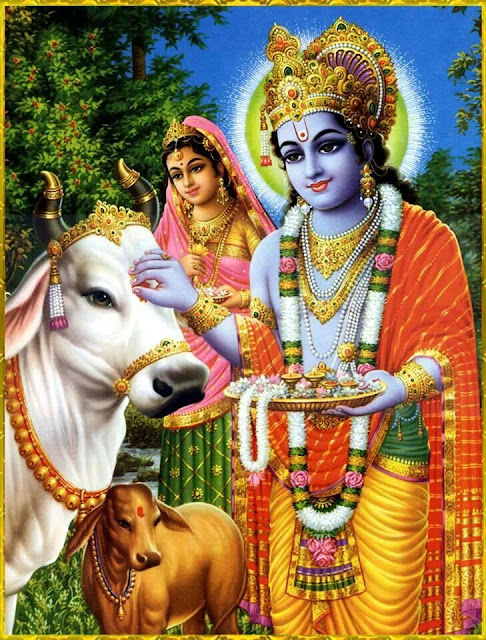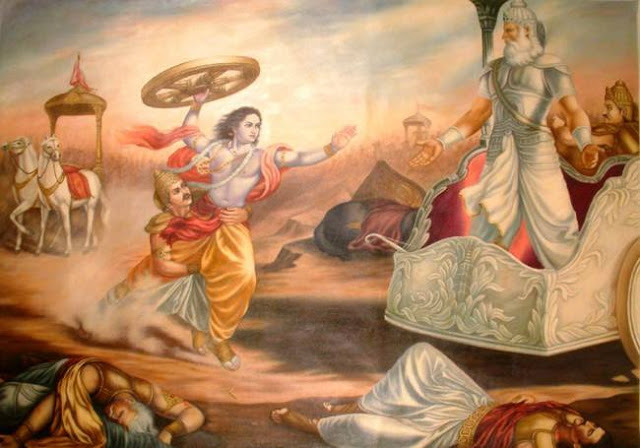The Spiritual Import of the Mahabharata and the Bhagavadgita : Ch -19.3.

24/02/2017. Chapter 19: True Knowledge : 3. It is strange and very interesting to note that in this delineation of the character of the object, even the so-called individual is included. We are all objects in the true sense of the term. We can see our own bodies. This body is an object of sense perception, and it is constituted of the same matter as everything else in this world. The pure subject is invisible—though it is embedded in us, we are unconscious of its existence. We live in a world of objects. We have befriended objects, converted ourselves into objects, and we treat ourselves as objects rather than as pure subjects. Hence the characteristics of objects infect us, and we suffer the pains of life due to the objectivity that is present in us. The sorrows through which we have to pass in our lives are not the consequences of the subjectivity that is in us, but rather of the objectivity in which we are involved and which we, however wrongly, identify with our tr...


